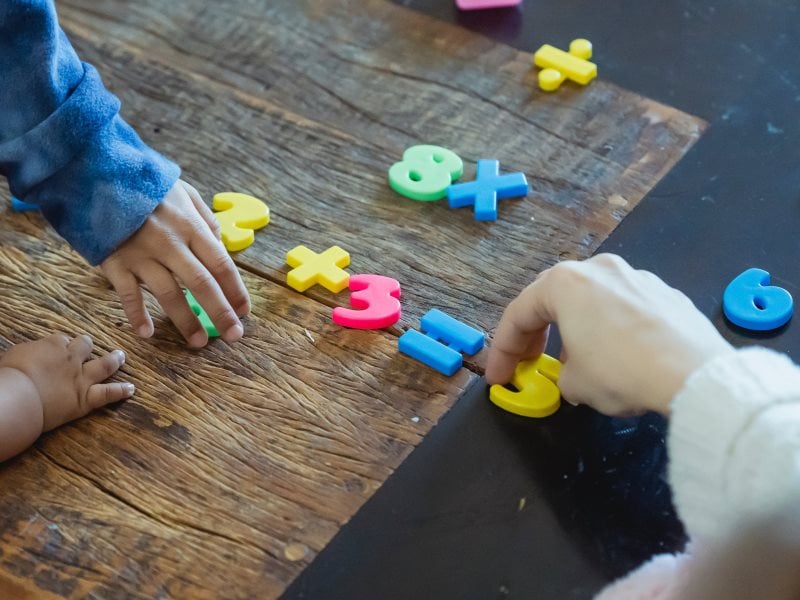 According to a new report recently released by the RAND corporation, a research and development company running studies on math curriculum standards math teachers are increasingly diverging from the Common Core State Standards that set the baseline for quality of student education. The survey, conducted in 2016, studied the understanding teachers had of their state's mathematic standards and how they aligned with the teacher's own implementation of the curriculum.
According to a new report recently released by the RAND corporation, a research and development company running studies on math curriculum standards math teachers are increasingly diverging from the Common Core State Standards that set the baseline for quality of student education. The survey, conducted in 2016, studied the understanding teachers had of their state's mathematic standards and how they aligned with the teacher's own implementation of the curriculum.
The results? Only 16 percent of elementary math teachers highly align their instructional resources with the Common Core, while only 5 percent of secondary math teachers did. What does that mean for math education and students in math classes?
What is Common Core?
The Common Core is a state-devised standard teachers can model their teaching practices off of to ensure they provide the best education they can to their students. Generally, there are three points of order in Common Core Standards math teachers have to align with to be in adherence to the Common Core:
- Teachers are expected to cover fewer topics within each grade level, but they are expected to cover them more thoroughly.
- The content of the curriculum should be divided among grade levels to create a progression of math concepts and skill development.
- Teachers are expected to help students develop a conceptual understanding of the topic, as well as an ability to apply what they've learned as needed.
These standards make up the baseline of the Common Core standards for math teachers.
Teachers are Pulling Away From the Common Core
A significant number of math teachers have deviated away from the Common Core State Standards. These standards were designed to ensure students have a universal and comprehensive education, and with as many as 95 percent of teachers not in compliance with the Common Core, there are many students whose education is put in jeopardy.
The study indicated that teachers, while capable of identifying some Common Core principles and requirements, didn't always align to them. A third of teachers represented in the survey indicated that their students could use mathematical language and symbols, make sense of problems, and justify their work, but only a fifth of teachers reported their students making use of structure to create viable arguments, which are practices emphasized in the Common Core.
How Teachers Can Realign Themselves With the Common Core
Although the number of teachers aligned highly with the Common Core is low, there is still an opportunity for teachers to assess their current teaching methods and take the time to realign themselves with the Common Core. School districts can assist teachers with this effort by providing teachers with supplementary teaching materials and offering professional development training to teachers to ensure they know how to teach the common core at their grade level.
As teachers deviate from Common Core Standards, parents might worry if their child is still receiving the quality of education to ensure their child is set up for success. Help your child excel in school by enrolling them in Math Genie, an after-school education program structured around the Common Core that will help your child succeed in math or any other subject. Learn more about Math Genie and what we can do for your child today.
Sourced Through:





